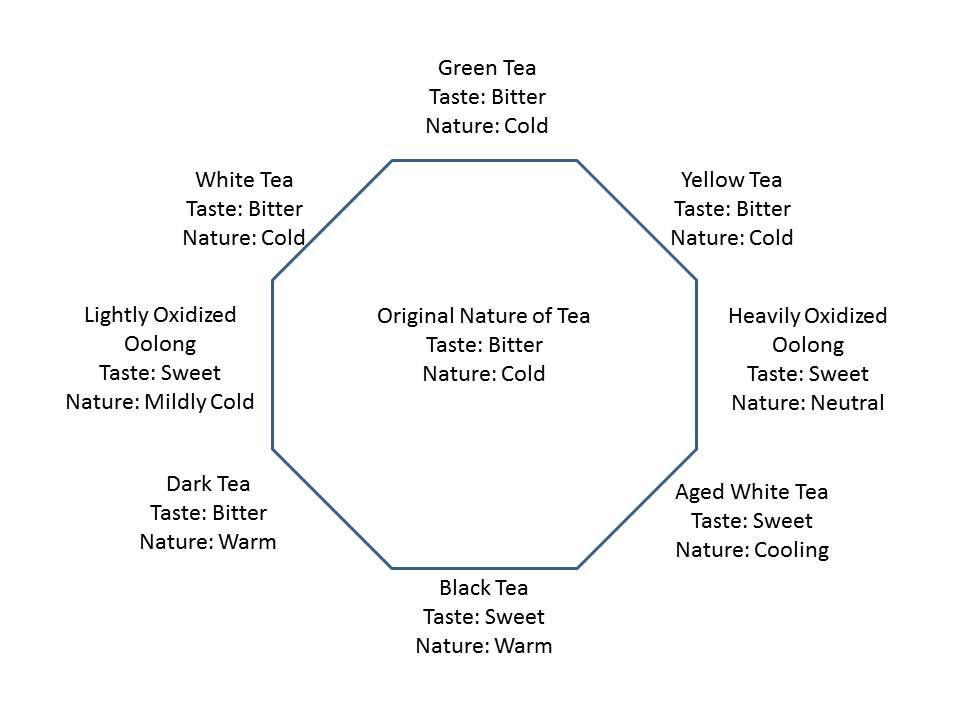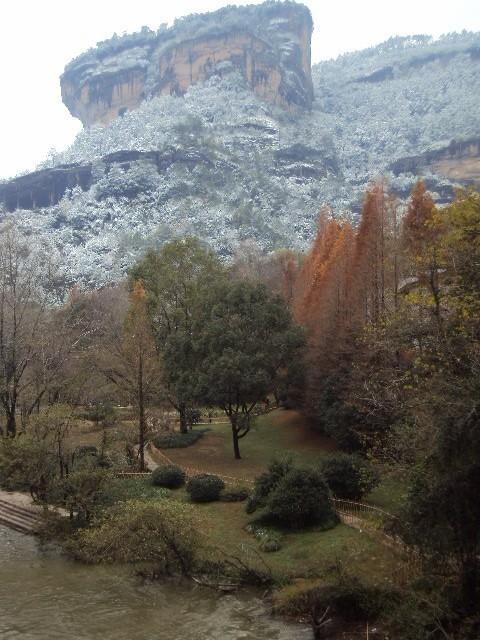A very common question that pops up whenever I interact with tea lovers is this: “Which tea is the healthiest?”
Though the asker may have been expecting a short answer along the lines of “x tea, because it has the most xxx compound that will cause xxx”, my answer never fails to disappoint him or her. (And most of the time bad for sales since the asker probably would be more likely to just buy x tea thereafter than listening to my long-winded explanation)
There is no ‘healthiest tea’ any more than there is a ‘healthiest exercise’. Though squats may cause the greatest metabolism boost, rock climbing may burn among the most calories and so forth, it may well kill someone with a heart condition.
In short, it depends on the individual.
The Basics of the Health Implications of Tea
Traditional Chinese Medicine concepts have always been about restoring balance and harmony to the body. When you visit a sinseh for a cough, he will ask more about the nature of the cough rather than shoving you Dhacedyl and antibiotics.

Essentially, our constitutions can be ‘heaty’, ‘cold’, ‘damp’ ‘yin weak’, ‘yang weak’ just to name a few.
It may seem like a bunch of shaman hocus pocus but it’s really a matter of listening to your body. One of the most easily discernible traits is in ‘heaty’ food. Chips and roasted nuts are considered heaty, if a few (gratifying) mouthfuls result in throat itchiness, general discomfort and a ‘heatiness’ in your face, odds are your constitution is towards heaty.
If on the other hand you frequently experience gastric problems, it means your constitution is more likely to be on the ‘cold’ end of the spectrum.
The most straightforward recommendation will be to pick a tea that is opposite to your constitution- i.e. if you’re heaty in nature, pick a more ‘cooling’ tea and vice-versa.
Age
This is a tad sensitive. Whenever I suggest this to individuals I interacted with, I try to weave it in gently since some people can be quite sensitive about age.
But it bears mentioning that for older folks should avoid 2 types of tea
i) Tea that is too strong (i.e. too high a proportion of tea leaves)
ii) Green tea that is too fresh (i.e. within a month of harvest)
As we age, our digestive functions often get weaker and the 2 categories of tea above will hurt the digestives.
For old folks, dark teas- such as Puer, Liubao aged tea- and black tea, particularly those at least 6 months old are recommended.
Climate
It has been suggested that the tea plant thrives in southern China- native to Yunnan, Sichuan- because it’s a perfect complement to the hot and humid tropical weather of those locations.
In the hot and humid weather, the natural characteristics of tea- as exhibited in green tea- are nature’s solution.
Green tea, particularly sun-dried and baked teas, is cooling in nature. One example of the comfort this brings is on a hot day, you feel a cooling sensation lingering in the throat and a general dispelling of the heat. (You can read more about this topic here)
This is why I feel green teas will always have a place in my cupboard.
Seasonal

Though we don’t experience winter in the tropics, the monsoon seasons are characterized by frequent rains and cold weather. (Cold weather is relative I know friends in the north will snigger when I refer to 24⁰C as ‘cold’)
During rainy days, I find myself eschewing my greens for more heavily oxidized oolongs or Puer. The warmth and energy from these teas are a great foil to the weather conditions.
A Cautionary Word
It bears mentioning that all things in moderation.
Let me illustrate with my personal experience.
Some time ago, I had a very bad cough, one precipitated by ‘heatiness’. So I used my entirely tea quota (yes there’s a recommended limit) on green tea and lightly oxidized oolongs.
Turns out that my cough eventually became a ‘cold’ cough and the sinseh issued a ‘cold tea’ ban for 3 days. It was painful no doubt but some black teas help me get through it. Sure enough the cough that plagued me for literally months ceased.
In a nutshell: moderation is key.
My constitution is heaty, I stay in hot and humid Singapore but there is such a thing as too much of a good thing.
The most important thing is listen to your body.
Disclaimer:
We are not trained TCM practitioners and information was researched from the following publications which you can obtain further reading from:
i) 中国茶与养生保健 (山东科学技术出版社)by 朱永兴,张友迥,黄永生
ii) 这样喝茶最健康 (广西科学技术出版社)by 丁辛军,毕晓峰,张莉
See here for more articles related to tea and health
